The year is coming to an end and for some of us, it is a time of reflection. As parents, we may think back on how our child has grown and how we can help them develop better – which may lead us to ponder on whether we have fallen into some parenting habits that are counter-productive to our child’s development. Commit to not bringing these bad habits into the New Year!

1. Bribery
We all know bribery works. The catch is that it usually works for a while but your child quickly learns to demand more rewards for doing something that he should be doing or not doing something he shouldn’t be doing anyway. Bribery gets more onerous with more frequent requests for rewards which in itself is a huge energy drain; a paradox as parents started off thinking that bribery is a quick and effortless fix. Instead, consider taking the hard road of setting limits and consequences which will turn out easier in the long run.
2. Over-focus on the Negative

It’s easy to focus only on the negative actions of the child, after all, we just want them to stop shouting, destroying things or getting into trouble. However, when they are sitting quietly to figure out an activity, we may take the chance to do our own work and forget to praise them for their good behaviour. Missing the chance to reinforce a positive action may lead the child to be discouraged and focus more on doing naughty stuff which gets the parents’ attention!
Quit hovering over our children as ultimately, they will have to be independent and do things on their own – they may fall, fail or get frustrated. It is all part of growing up. Controlling everything risks the child missing important life lessons at each stage of growth and turning rebellious at an older age. Keep them safe but not control everything.
➡️ Related Read: Are You a Helicopter Parent?
4. Shifting Boundaries
It is accepted that with limits, children thrive as they feel safe to explore within the boundaries and are very clear about the rules. However, children will want to test limits and by giving in often to our children, these boundaries become a source of power struggle. Both parents need to support each other to follow through with the boundaries set.
5. At Your Child’s Service
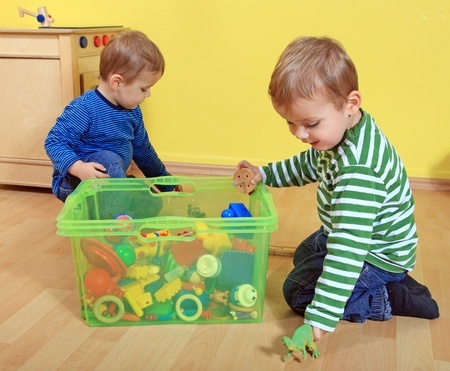
Granted, many times it is much faster to do something for your child than to have your child do it. However, constantly doing everything for him will lead to the mindset that the parent’s role is to serve the child. Unintentionally, it breeds a lack of responsibility and self-reliance in the child. Instead, allow time for the child to carry out his own duty and responsibility.
6. Giving in to Whining
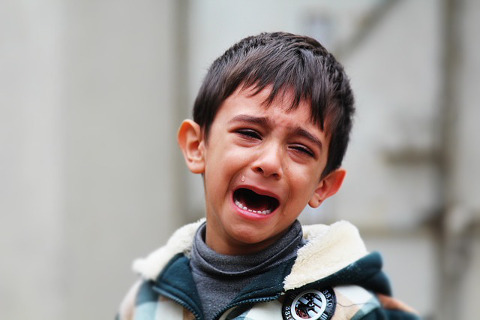
Coming home from a tiring day, working parents may want to chill and have some ‘peace’. What happens if your child chooses to ask you for something that she should not have? It may be ice cream, TV or electronic device time. You know it is not right to have too much of these but there are times we give in instead of saying ‘no’ as the whining and tantrums are an effort to deal with. However, giving in to whining blurs the boundaries set and reinforces that whining works!
7. Electronic Device Overdose
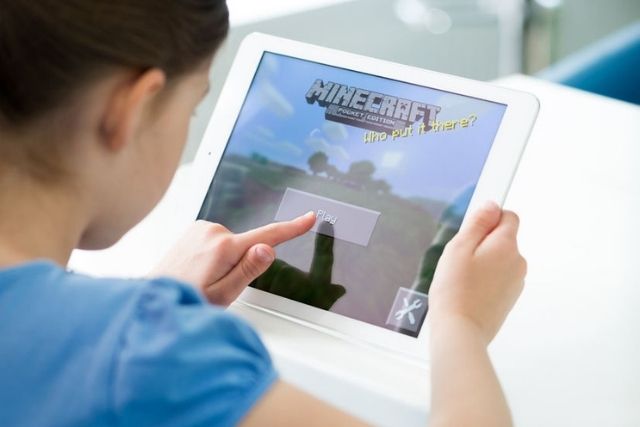
Parents may over-concentrate on electronic devices, especially when being with their children. It sends the message that it is ok to look at a device when someone is talking to you. It may also lead to children engaging in misbehaviour to attract parents’ attention and when that fails, some children may model their parents’ actions by looking at their device and ignoring family. Feeling neglected hurts, set aside family time when no electronic device is allowed.
8. Comparison with Peers
Be forewarned that children have excellent memories – a quick remark made when you’re short-tempered on ‘Why can’t you be more like your sister or your friend?’ will be remembered. When a comparison is used negatively to criticize the child, it is hurtful and likely leads to repercussions instead of the desired results. Instead, listen to your child, support and use praise and motivation wisely.
9. Not Being Present

Most of us have heard of how play is important to a child’s development but let’s face it, we may not want to build blocks after a full day of work. It is possible that we get our child to start a play activity, promising to do it together and within minutes, we move on to something else or we multi-task on another activity. Similar to using electronic devices, children (and even your spouse!) sense that you are not with them and it leads to feelings of hurt and misbehavior in children to attract attention. Over time, children may not trust their parents to be there for them or start to wonder if they are loved.
10. Not Showing Affection

We all want to be loved. We read books on how to love, how to build relationships but often, deep in our hearts we know how to love. Lack of practice of showing affection and love may lead us to be awkward in doing so and over time, the daily grind of work and chores causes us to be estranged from love. It is never too late, start today.
Much of these bad parenting habits are easy to fall into but not difficult to overcome when we commit to the right course of action. Start the New Year with renewed resolve to grow your child and your family. Are there other parenting habits you think we shouldn’t bring with us to the New Year? Share with us your thoughts now.
By Mei.
This article was first published in New Age Pregnancy.
Like to connect with fellow parents? We like to invite you to join our Facebook group here for discussions on pregnancy, babies and more.
* * * * *
Like what you see here? Get parenting tips and stories straight to your inbox! Join our mailing list here.
Want to be heard 👂 and seen 👀 by over 100,000 parents in Singapore? We can help! Leave your contact here and we’ll be in touch.


































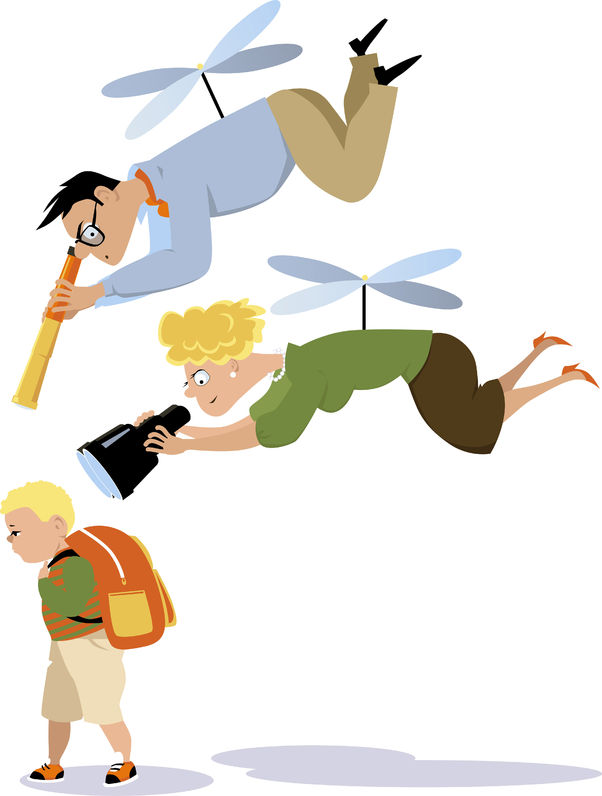


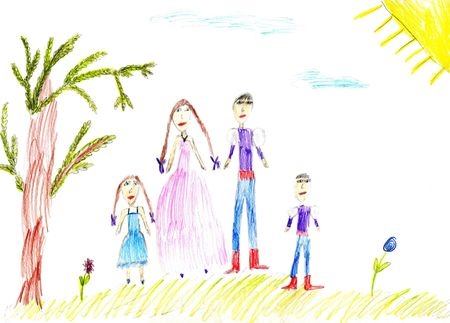



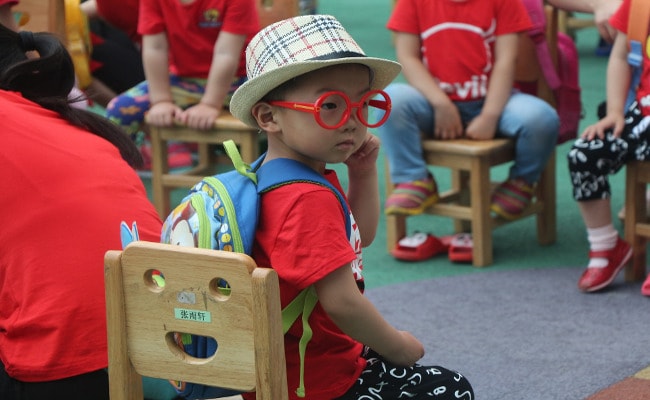
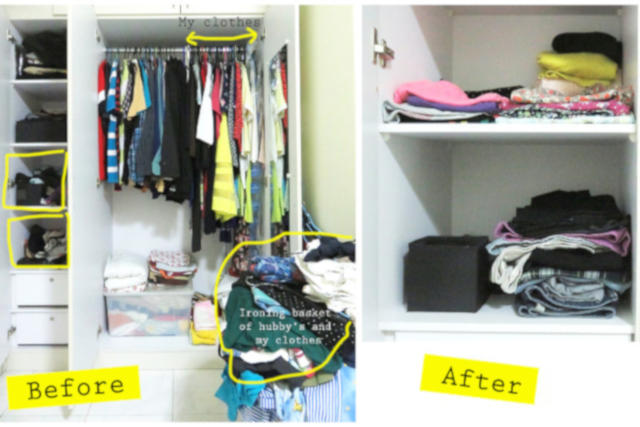

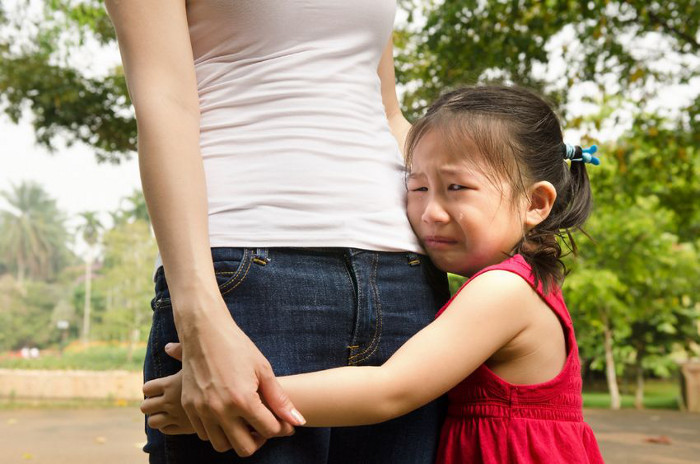


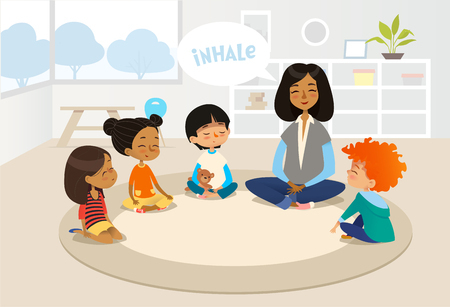


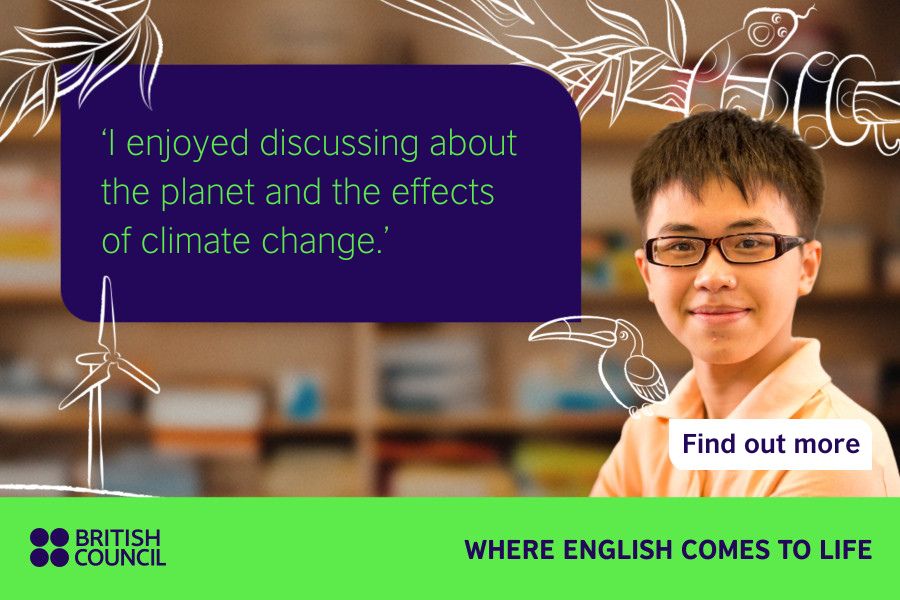







Leave a Comment: